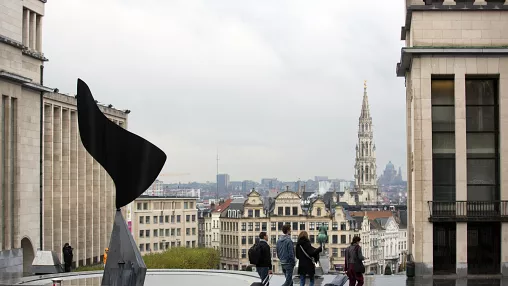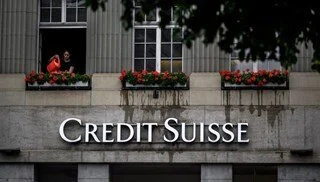The 29th Conference of the Parties (COP29), being held in Baku, Azerbaijan, is bringing global attention to the critical role of financing in the fight against climate change. As world leaders, environmental advocates, and industry experts gather to discuss climate action, financing remains one of the most pressing topics on the agenda. The conference is focused on ensuring that the necessary funds are allocated to support global climate initiatives and sustainable development.
COP29, which takes place from November 2024, aims to address the financing gap that has been hindering the implementation of the Paris Agreement’s climate goals. The conference seeks to establish concrete mechanisms to raise the capital required to transition to low-carbon economies and protect vulnerable communities from the impacts of climate change.
A key issue discussed at COP29 is the mobilization of funds for both mitigation and adaptation measures. While mitigation strategies focus on reducing greenhouse gas emissions, adaptation involves helping communities and nations cope with the existing impacts of climate change, such as rising sea levels, extreme weather events, and biodiversity loss. To address these needs, COP29 highlights the importance of public and private sector investments, as well as the role of multilateral financial institutions in facilitating climate finance.
The issue of climate finance is particularly important for developing countries, which face greater challenges in terms of financing green projects and adapting to climate change. These nations often lack the necessary infrastructure and financial resources to implement climate solutions at scale. Therefore, COP29 emphasizes the need for climate financing mechanisms that are both accessible and tailored to the needs of these countries. Financial aid, concessional loans, and private sector investment are all vital components in bridging the financing gap.
As the conference progresses, key players in the finance sector, including the World Bank, International Monetary Fund (IMF), and private investment firms, are being called upon to provide their expertise and resources. The discussions will also address the integration of climate risks into financial markets, ensuring that investment decisions reflect the growing importance of climate resilience.
Baku’s COP29 is not only about discussions but is also intended to forge partnerships between governments, financial institutions, and private sector stakeholders to create a sustainable financing ecosystem for global climate action. The success of this year’s conference could be pivotal in shaping the future of climate financing and advancing the global efforts to combat climate change effectively.




